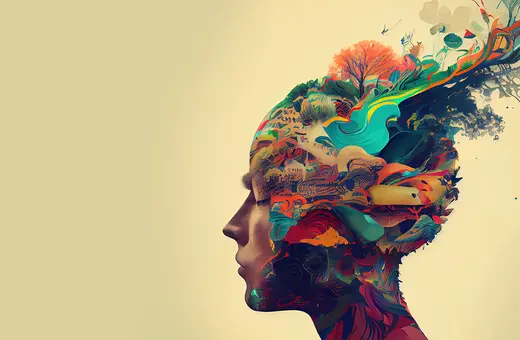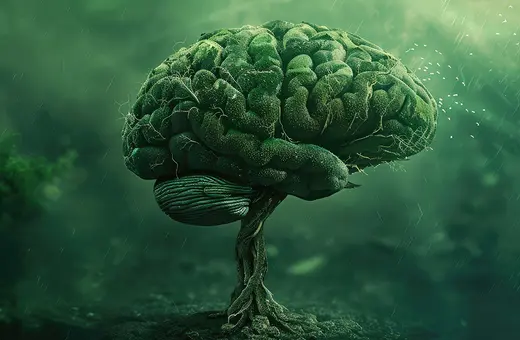To believe what philosophers say about their field, you might be forgiven for thinking that they are seekers after the truth. However, as in so many other cases, you shouldn’t believe the hype. On the contrary, philosophers are the ultimate experts in a post-truth world. They see ‘truth’ for what it is: the name of a brand ever in search of a product which everyone is compelled to buy. This helps to explain why philosophers are most confident appealing to the truth when they are trying to persuade non-philosophers, be they in courtrooms or classrooms.
Anyone who finds my judgement too harsh or cynical is invited to consider the careers of the key philosophical terms in which knowledge claims are transacted, not least ‘evidence’ and ‘truth’ itself. ‘Evidence’ is a good place to start because it feeds directly into the popular image of our post-truth world as ‘post-fact’, understood as a wilful denial of solid, if not incontrovertible, pieces of evidence, whose independent standing sets limits on what can be justifiably asserted about the world.
It was only in the early modern period that philosophers even began to distinguish a purely fact-based conception of evidence from personal revelation and authoritative testimony. The break only became clean in the mid-nineteenth century when logic books regularly started to classify people-based claims to evidence among the ‘informal fallacies’.
This slow crafting of the concept of evidence was part of the general secularisation of knowledge. But it would be a mistake to think that today’s concept was purpose-made for scientific inquiry. Rather, it was an adaptation of the inquisition – the procedure used on the European continent to identify heretics and witches. Its English importer was Francis Bacon, King James I’s lawyer, who believed that nature itself was a fugitive from the law, hiding its secrets from humanity for much too long. Special trials were thus required to force nature from its normally equivocal stance to decide between two mutually exclusive options.
Bacon called such trials ‘crucial experiments’, which Karl Popper turned into the gold standard of the scientific method. But Bacon and Popper were under no illusions that the facts produced under such ‘extraordinary rendition’, as we would now say, were nature’s deliverances in more relaxed settings. Popper went so far as to call facts ‘conventions’, by which he meant convenient waystations in a never-ending inquisition of nature. After all, what made experiments ‘crucial’ was that their outcomes hastened knowledge of a future that otherwise would only unfold – for good or ill – on nature’s timetable, which would provide humanity little opportunity to plan a response.
As for ‘truth’, it harks back to an older English word, ‘troth’, which harbours all its philosophical difficulties. ‘Troth’ means faithfulness – but to what exactly: the source or the target? Originally truth was about loyalty to whomever empowers the truth-teller, be it God or a general. In this context, it was associated with executing a plan of action, be it in the cosmos or on the battlefield. One remained ‘true’ by following through on the power-giver’s intention, regardless of manner or outcome. It’s this sense of ‘true’ that enabled the Jesuits, a Catholic order founded by a soldier, to do God’s work by operating on the principle that ‘the ends justifies the means’.
















Join the conversation